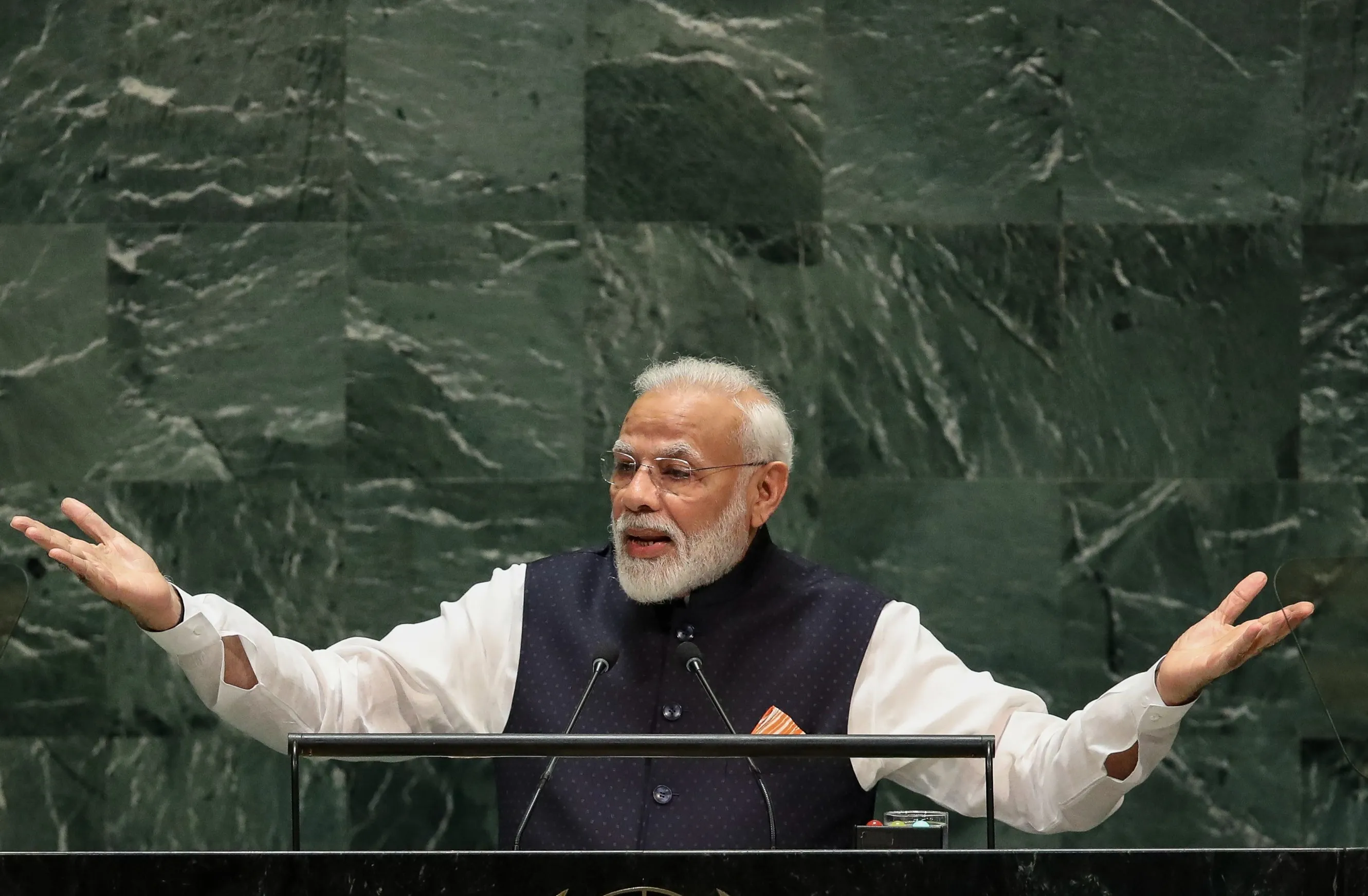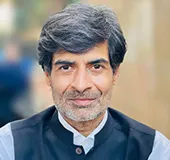But the single most important learning through the pandemic years and the three geopolitical developments that have created turbulence for India is the burial of the post-war assumptions of the century past that undergirded our modern societies and indeed the global project that was born around the same time as India’s Independence.
Between China, the US and now Russia, we have witnessed the weaponisation of everything. Innocuous supply chain components for electronics, minor supplements for medicines, components for vaccine packaging, energy and gas grids, SWIFT system and currency and minerals and sundry materials have all been used for political coercion, waging war, or for undermining others’ interests.
Prime Minister Narendra Modi’s call for Aatmanirbharta (self-reliance) has acquired a new salience and ironically, achieving it requires astute global interlinkages and perhaps even more dense global networks for a country that houses a sixth of humanity. Trusted connectivity, diversified sources of materials and components and resilient financial and trading arrangements are no longer buzzwords but a strategic imperative requiring all of India’s consensus, including within its business community, lawmakers and all stakeholders.




 PREV
PREV


